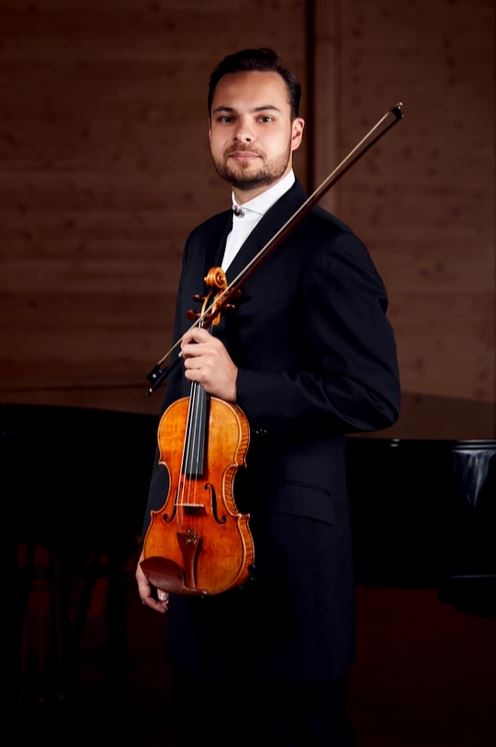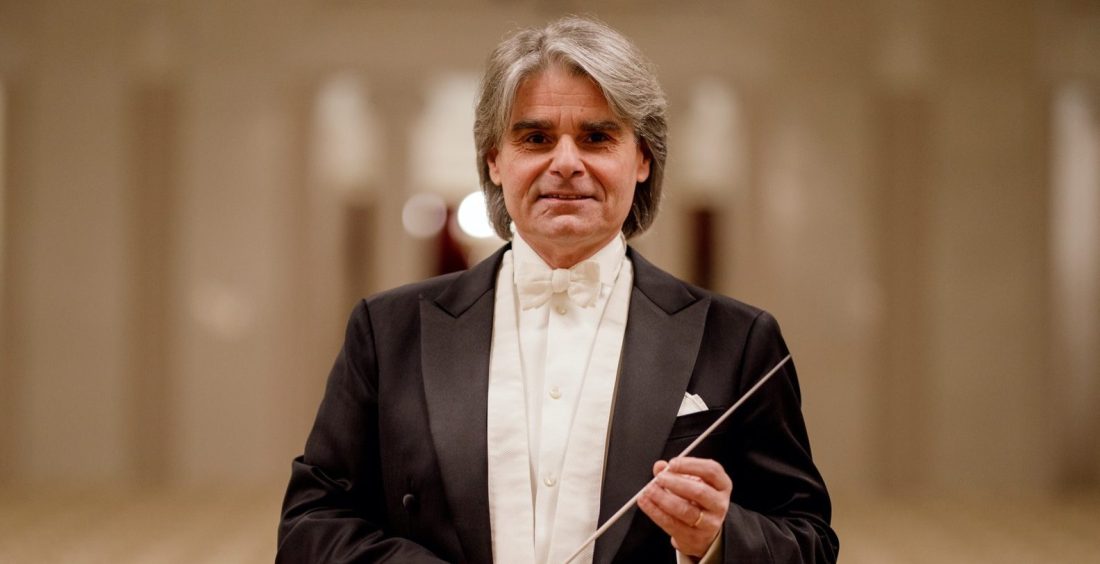On the Wings of Dance
The concert will take place without an audience in the hall.
You can watch the live broadcast of the concert as well as two dozen others on our website for free.
Pre-Concert Talk has been canceled.
Programme
- George Enescu: Romanian Rhapsody No. 1 in A major Op. 11
- Camille Saint-Saëns: Introdukce a Rondo capriccioso op. 28
- Igor Stravinsky: The Firebird, suite from the ballet (1945 version)
Performers
- Prague Symphony Orchestra
- Ion Marin – conductor
- Dalibor Karvay – violin
Concert partner
Watch now!
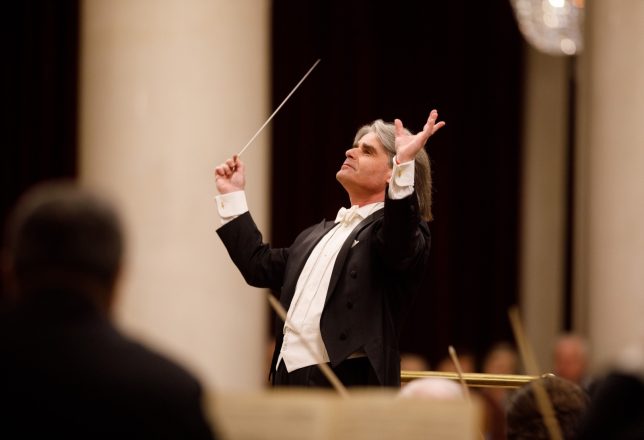
Ion Marin
Soloist Dalibor Karvay will be accompanied by the Prague Symphony Orchestra under Ion Marin, one of the few contemporary conductors who have succeeded in reaching the absolute pinnacle both in the realm of opera and symphonic music. A familiar sight at the Metropolitan Opera in New York, Italy’s La Scala and the Bavarian State Opera, he also appears regularly with leading orchestras in Europe, such as the Berlin Philharmonic, St Petersburg Philharmonic, Gewandhausorchester Leipzig, London Symphony Orchestra and the Orchestra dell’Accademia Nazionale di Santa Cecilia. At the start of the 2014/2015 season he was appointed Principal Guest Conductor of the Hamburg Symphony, orchestra-in-residence at the iconic Elbphilharmonie.
Marin’s country of birth is also reflected in the concert programme, which opens with George Enescu’s Romanian Rhapsody No. 1, the piece Marin presented in Prague to great acclaim back in 2010, when he performed it with the Czech Philharmonic. This work, full of dance stylisations and folkloric melodies, is one of Enescu’s most popular compositions, which could also be said of another piece on the programme, Stravinsky’s The Firebird. The ballet inspired by the Russian fairy tale about the Firebird and the evil Koshchei is a wonderful example of the composer’s admiration for the music of Rimsky-Korsakov and his interest in the varied colours of French Impressionism.
There’s yet another dimension to the evening’s programme, as Ion Marin tells us. “The programme has its inspiration in one of the important characteristics of Czech musical heritage, namely the transfiguration of folkloric sources,” he states. “From Lalo’s wealth of themes that later inspired Tchaikovsky to write his violin concerto, to Enescu’s innovative blending of urban folklore in a symphonic masterpiece, popular melodies enter the concert hall in all their beauty. Stravinsky’s Firebird in the original version explores in an audacious way the harmonic and rhythmic vibrancy of Russian folklore, opening the gates to modernity,” he explains. “As usual, the choice of programme combines musical research with the emotional richness that the artists wish to share with the public. Together with Dalibor Karvay, we look forward to this musical voyage,” Marin concludes.
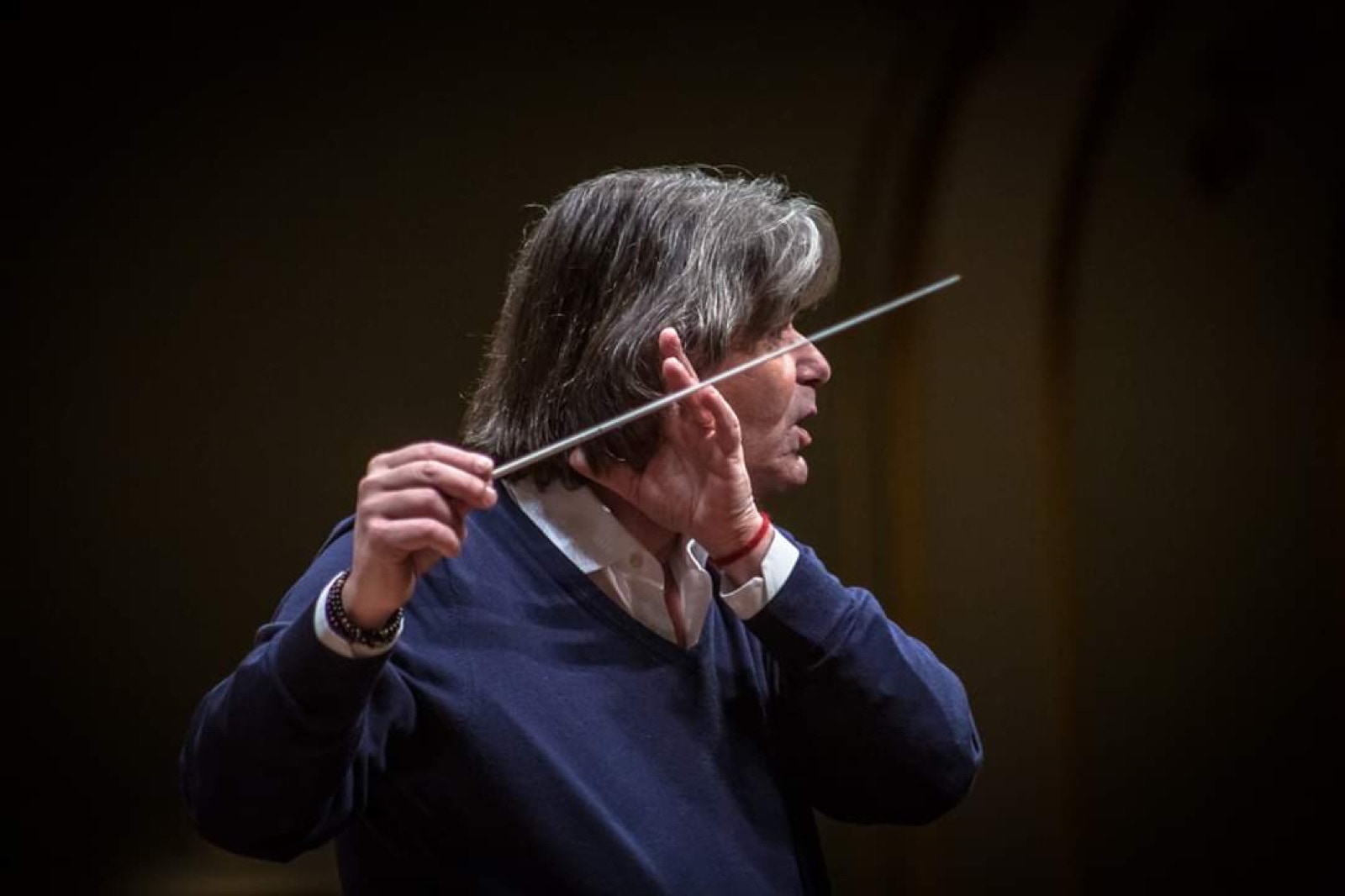
Slovak violinist Dalibor Karvay, first concertmaster of the Vienna Symphony since 2020, showed a remarkable talent at a very early age. Tutored by his father, he began playing the violin at the age of three and was hailed as a child prodigy during his time at the Art and Music Primary School in Vrútky, when he made several recordings for Slovak Radio in Bratislava. He attended the Žilina Conservatoire under Bohumil Urban and, in 1999, when he was fourteen, he enrolled at the Music and Arts University of the City of Vienna to study with the renowned violin teacher, Boris Kuschnir. He was appointed professor himself at the same school (Musik und Kunst Privatuniversität der Stadt Wien) in 2014.
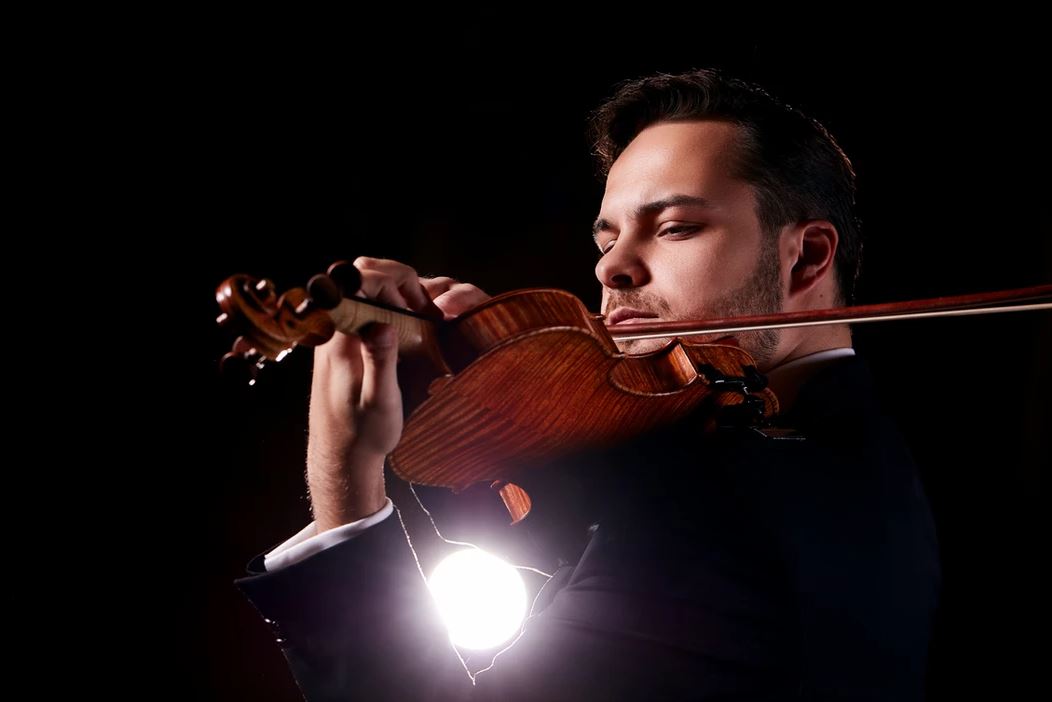
Karvay has been extremely successful in competition. We could mention his prestigious victories in Córdoba (1996) and the Eurovision Young Musicians competition in 2002, first prize at the Tibor Varga International Violin Competition (2003) in the Swiss town of Sion, the “New Talent” award at the International Tribune of Young Performers (2005) and his triumph at the International David Oistrakh Violin Competition in Moscow (2008). Karvay’s dedicated global quest to find the perfect violin was captured in the documentary film Stradivari: Search for Perfection (2004). At the start of his professional career he gave a concert for HRH The Prince of Wales at Windsor Castle where, aged only eighteen, he appeared together with Mstislav Rostropovich in a performance that testified to his outstanding early musical achievements. Karvay has also accepted repeated invitations to the Seiji Ozawa International Academy in Switzerland. In 2009 he received a prize from the Slovak Minister of Culture for his exceptional accomplishments and for his successful representation of Slovak performance art abroad. Two years later the Tatra Bank Foundation granted him its “Young Artist Award” in the music category.
